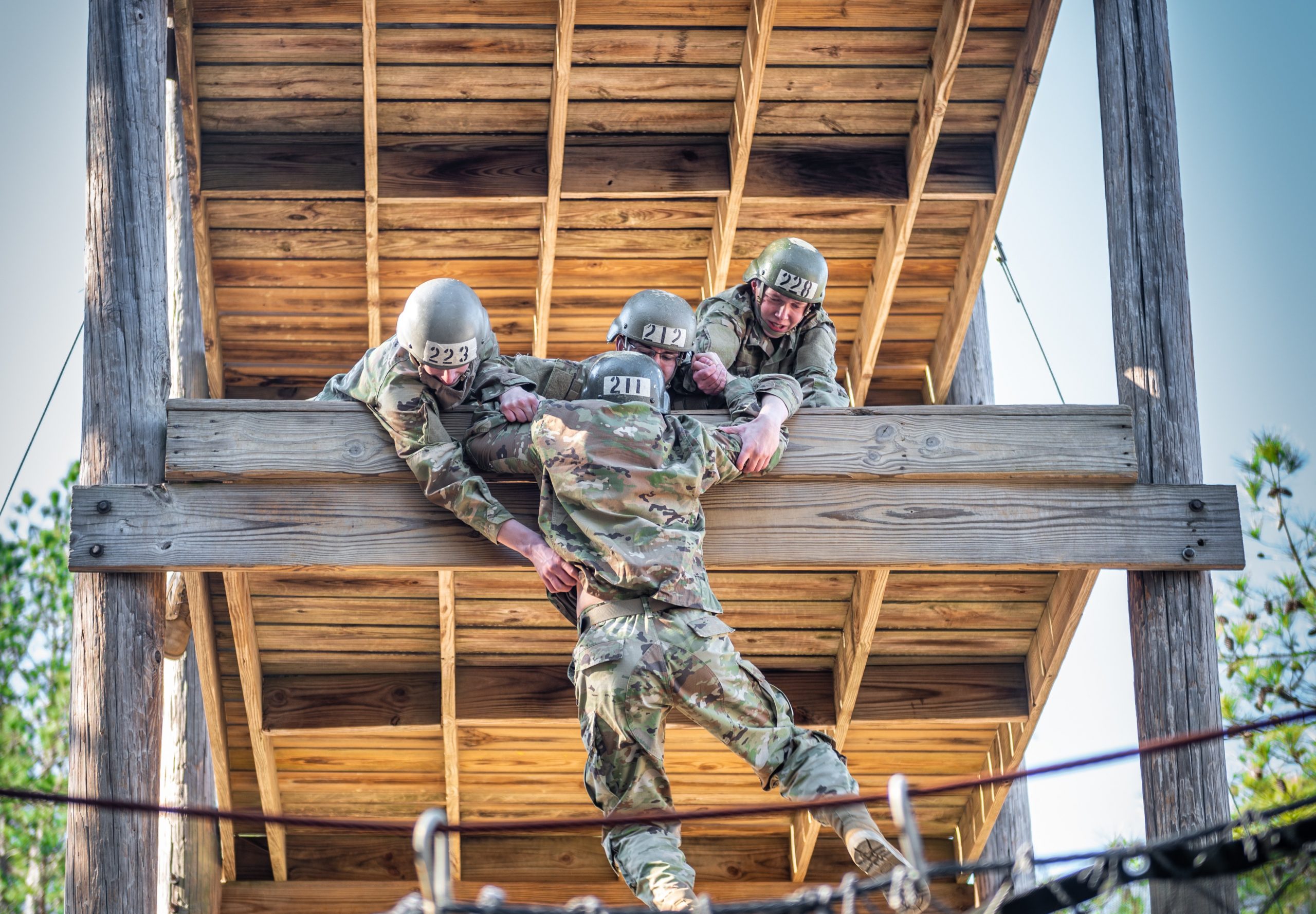We need fewer LEADERS and more leaders

To all junior officers and future commissioned Army officers out there, I have a question: Do you want to be a LEADER, or a leader?
Yes, there’s a difference.
You will never hear the word “leader” in any other organization as often as you will hear it in the U.S. military, especially the Army. The Army is full of leaders, or rather, it’s full of LEADERS, HOOAH! Senior leaders lead leaders who lead subordinate leaders who lead their leaders from the front. Basically—according to the Army—we’re all leaders, whether we’re actually leaders or not.
The reality is that not everyone is a leader. Not everyone has the capacity to be a leader and not everyone wants to be a leader, and that’s okay. Despite the Army’s everyone’s-a-leader fetish, there exists an archetype in the organization of what a commissioned Army officer should be: a take-charge, fastest runner, expert shooter, no-nonsense, Ranger tabbed, accomplish-the-mission-no-matter-what appropriately aloof Captain America type. This Hollywood caricature of what an officer should be is drummed into candidates and cadets from day one of their commissioning source and often continues throughout their military professional development. This type of officer is a LEADER and, because of Army culture, they tend to have very successful careers.
However, the Army needs fewer LEADERS and more leaders.
A leader is human. A leader is approachable, empathetic, relatable, and goes out of his or her way to shoulder burdens so subordinates don’t have to. Sometimes that means taking a severe tongue-lashing or even getting fired. Nobody said being a leader is easy. Army LEADERS tend to talk about “taking care of soldiers” while failing to actually do so when it matters. Leaders, on the other hand, take care of their people, sometimes to the detriment of their OER (gasp!) Empathy is a powerful tool for leaders. So much so that the Army included it in ADP 6-22 as a “Foundation of Army Leader Character” and as a method of influence.
Empathetic leaders are better communicators, help others to understand what is occurring, and inspire others to meet mission objectives.
- ADP 6-22 Army Leadership and the Profession
To be clear, being a leader does not mean being best friends with your soldiers. This is a trap many young Lieutenants, myself included, have fallen into. Absolutely, there will be times when you have to make them do things they don’t want to do. Absolutely, there will be times when you need to lean hard on them to accomplish the mission. That’s your job as an officer at the end of the day, but leaders are able to find that balance between being the “assh*le in charge” and being a friend and teammate.
Being a leader, as opposed to a LEADER, is more than just the right thing to do—it’s manifestly more effective.
Soldiers will follow orders from you (for the most part) by virtue of the fact that you’re a commissioned officer. However, if you’re nothing more than a hollow-shell LEADER, they will likely put forth no more than the minimum required effort in all assigned tasks, and they may even sabotage your unit’s success. Alternatively, soldiers want leaders (as I have defined the word) to succeed and will consequently go above and beyond for them. They understand that their success is your success, and they will work to make it a reality on your behalf.
This insight becomes more critical when your guidance as the officer in charge is no longer “we need to pass this inspection,” but “we need to take back this hill and hold for reinforcements.” The latter situation is not the time to realize you’ve been a LEADER and not a leader. At that point, it’s too late.
———
Eric Evans is an officer in the Army National Guard and an Afghanistan veteran. He is a Fellow at the Center for Junior Officers.



